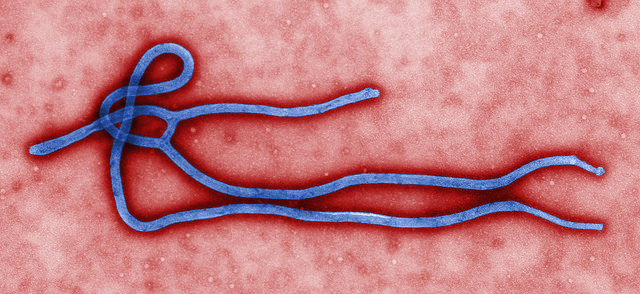In the London Review of Books, Paul Farmer, a professor of global health at Harvard, examines “the iniquities of healthcare funding,” as the subtitle to his article Who Lives and Who Dies reads.
Who lives and who dies depends on what sort of healthcare system is available. And who recovers, if recovery is possible, depends on the way emergency care and hospitals are financed.
… Holes in the nets – even the contraction of the notion of common goods like social protection – are one of ‘the causes of the causes’ of both ill-health and the impoverishment it so often triggers or complicates.
Farmer invokes the author of Blind Spot, Salmaan Keshavjee, a physician and anthropologist, who wrote about how the vacuum in Russian healthcare in the wake of the collapse of the Soviet Union was filled by attempts at “sustainability.”
While Keshavjee was carrying out his fieldwork, which began in 1995, the collapse was followed by a chaotic proliferation of ‘civil society institutions’ with competing agendas. … The gulf widened between the tottering public health system and the well-resourced, arriviste aid agencies and NGOs. Keshavjee became a consultant for one of them: its projects were openly designed to ‘change the mentality’ of the ‘clients’ of health services. The aid-givers talked of ‘privatisation’, ‘user fees’ and ‘more efficient’ ways of ‘managing’ healthcare delivery with ‘free trade’ and ‘competition’. Patients were known as ‘clients’, ‘consumers’ or even ‘customers’. When Keshavjee was assessing a revolving drug fund – it was ‘sustainable’, the claim went, because some of the receipts from the direct sale of pharmaceuticals were used to replenish the fund after the initial investment, and the rest went to ‘finance primary healthcare’ – one of his Tajik informants told him: ‘You can’t sell medicines to starving people.’ But that doesn’t stop people trying.
Then Farmer describes the Bamako Initiative, launched in Mali in 1987, which
… encouraged the health officials of African nations, already heavily indebted to international financial institutions and private banks, to finance a slender package of healthcare for the poor … by having the ‘consumer’ pay for care when sick, in order to ‘recover costs’ and thus finance healthcare through ‘community participation’. The dignity conferred by paying for one’s own (or one’s children’s) care would magically make such programmes ‘sustainable’ and cut down, Bamako’s most zealous advocates suggested, on the sort of ‘frivolous spending’ and ‘moral hazard’ allegedly encountered in places like rural Mali.
Sure, the impoverished of Mali would run to the doctor’s every chance they get if they weren’t blocked from trying to take a free ride by being forced to share a prohibitive portion of the cost. Same with co-pays and deductibles in the United States. God forbid “consumers” of healthcare should act preventively and catch their illnesses in the offing before they become a walking healthcare crisis. In fact, though, Farmer writes:
The reason for the widespread support of the Bamako Institute was not that Africa’s health leaders were suddenly alerted to an epidemic of frivolous health spending in their countries’ slums and villages, or that they were resolved to replace the slogan of Alma Ata (‘healthcare for all by the year 2000’) with a new one (‘healthcare for some if they can pay for part of it when they’re sick and as we shrink our public budgets’). They signed on because adopting the Bamako plan was linked, more or less transparently, to the ‘structural adjustment programmes’ hawked by the international financial institutions. It was a hidden condition, a ‘natural’ part of the market globalism that sought to commodify healthcare and to shrink social sector spending.
Farmer sums it up.
Thomas Piketty argues that ‘economics should never have sought to divorce itself from the other social sciences and can advance only in conjunction with them.’

